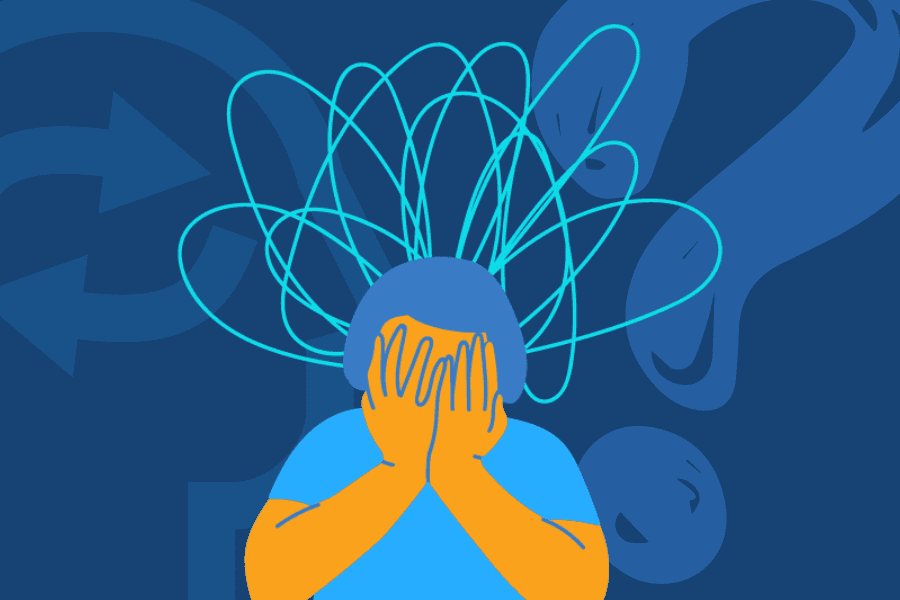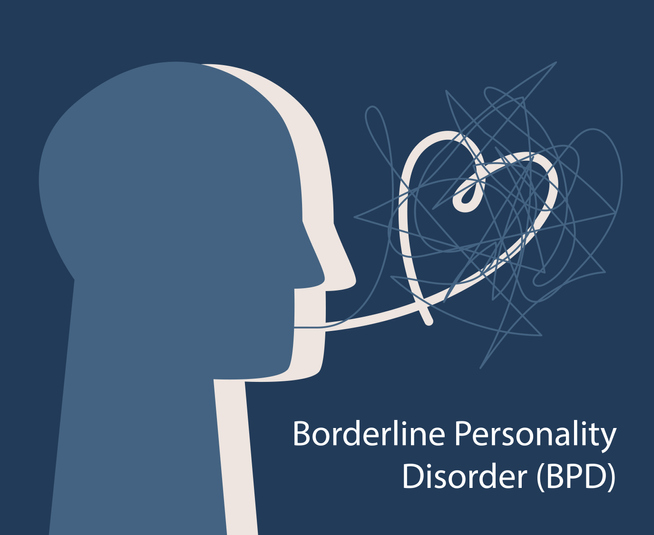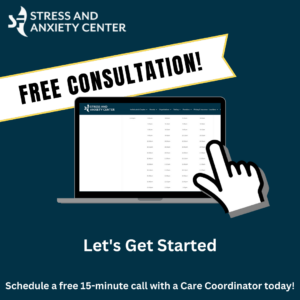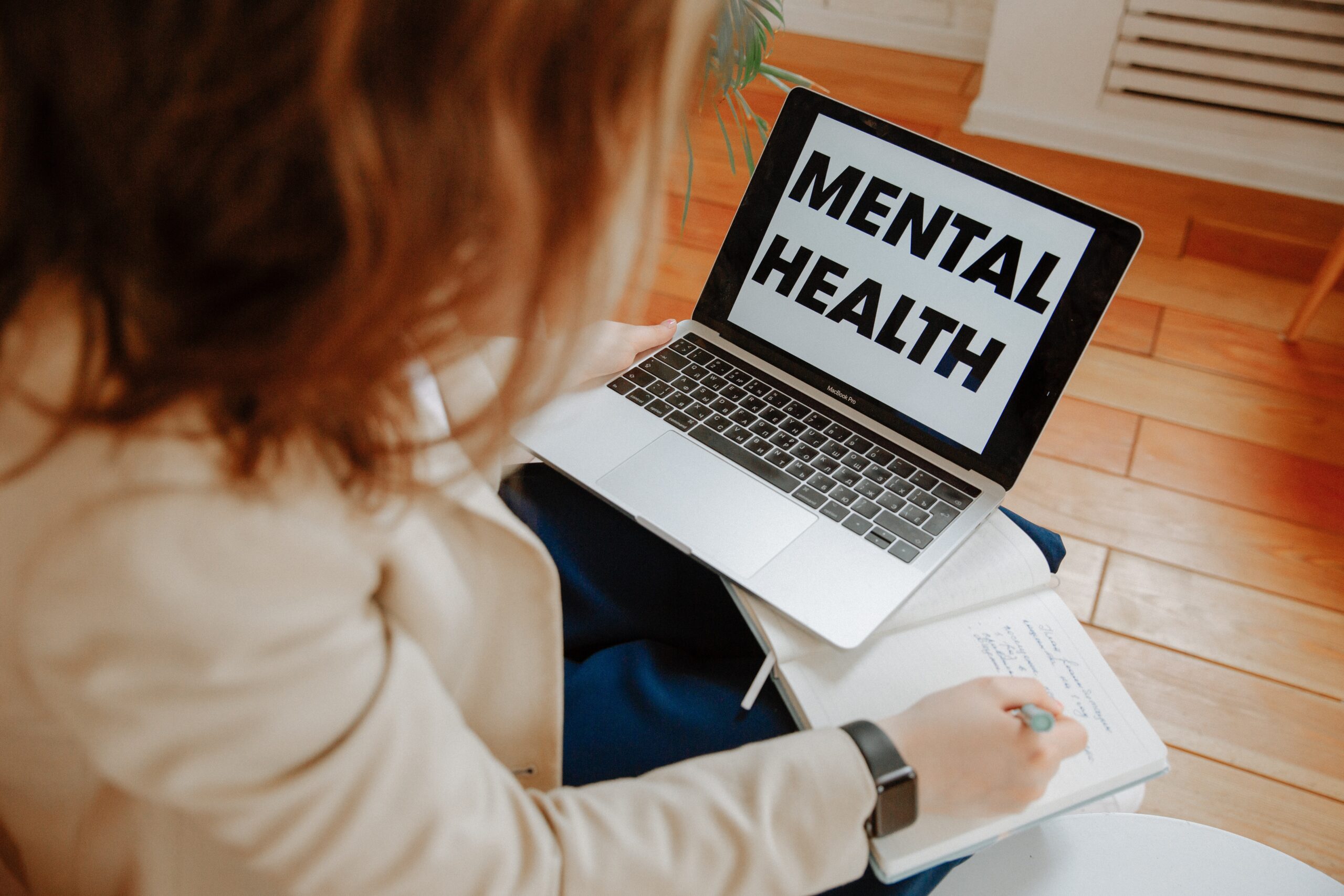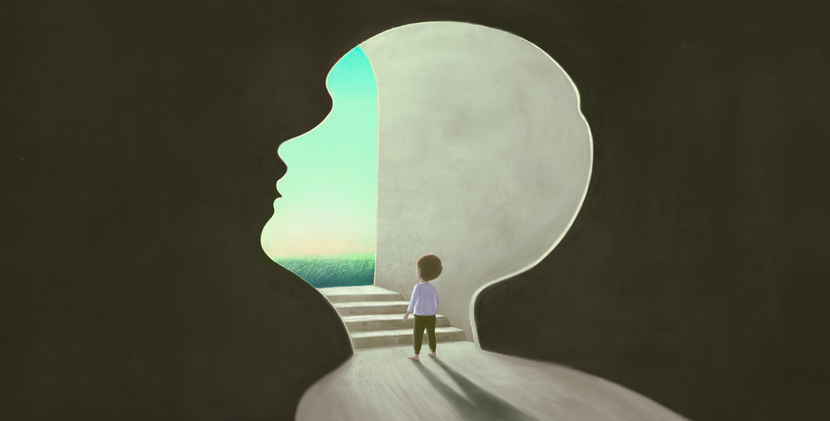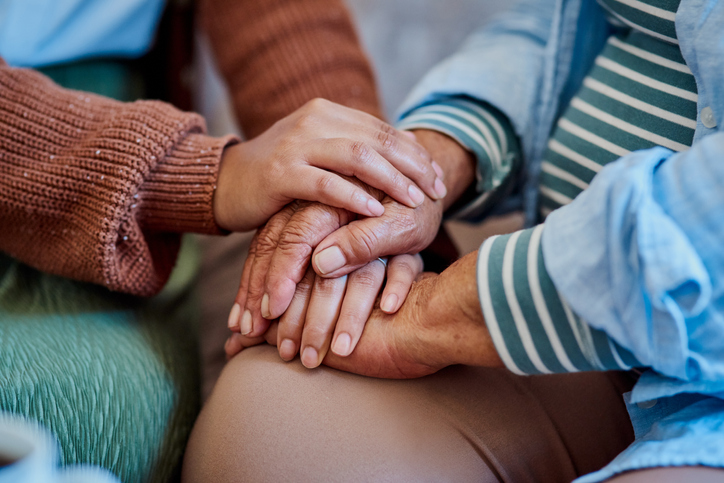Treatment for Attention Deficit Hyperactivity Disorder (ADHD) includes medication and therapy for those aged six and older. There are many different forms of therapy, and one of the most common you might come across is cognitive behavioral therapy (CBT). It is often considered one of the most effective forms of therapy. This blog will explain how CBT works and how it can help with ADHD.
What is Cognitive Behavioral Therapy (CBT)?
Cognitive behavioral therapy, or CBT, is a widely used psychotherapy and talk therapy intervention. CBT aims to help individuals change their thinking patterns to make them healthier and more beneficial for them. Various types of CBT exist and can be modified to help people with various life impairments and disorders.
There are many conditions in which CBT can be used, including anxiety disorders, depression, insomnia, eating disorders, relationships, stress, self-esteem, and, yes, attention deficit hyperactivity disorder. There are many ways to conduct CBT, including in groups, individually, or in other settings.
How CBT Helps with ADHD
It’s important to note that CBT does not address the “core symptoms” such as hyperactivity, inattention, or impulsivity of adult ADHD. However, it has other benefits that can assist individuals in their daily lives, such as:
- Emotional regulation skills
- Improving follow-through of tasks, decreasing procrastination.
- Symptom management
- Time management
- Self-esteem and confidence.
- If applicable, help with comorbid conditions.
Techniques
Cognitive behavioral therapy uses various techniques in order to address the challenges associated with ADHD. During an ADHD treatment session, a therapist might use the following techniques with you or your child:
Goal-setting and planning
Goal-setting and planning are often part of various forms of therapy, including CBT. Therapists who specialize in cognitive behavioral therapy can help you complete tasks by teaching you to break them down into smaller, more manageable pieces or by using other techniques to make them easier to complete.
Different things work for different people; external tools like timers, schedules, routines, and adjusting beliefs that hold you back, especially for those that are perfectionistic in nature, are examples of tools that a therapist might work on with you to help you focus and be less distracted.
Cognitive reframing
Cognitive reframing involves transforming an unhelpful or maladaptive thought into one that is more helpful. As part of CBT, it is common to identify cognitive distortions. This is a term used to describe different types of negative thoughts or patterns of thought. Some examples of negative thought patterns are catastrophizing, labeling, and discounting the positive, and overgeneralizing.
As an example, let’s look at catastrophizing. A catastrophizing thought might be, “I’m having so much trouble with this assignment. I’ll never graduate!” This type of thinking can cause nervousness, sadness, and self-esteem issues. Cognitive reframing might allow you to change that thought into, “This assignment is challenging for me, but I can still succeed if I ask for help!” Using this perspective is both helpful and realistic.
Positive self-talk
Essentially, self-talk entails creating a positive internal dialogue. It is common for people with ADHD to struggle with perfectionism or self-esteem issues. Using positive self-talk techniques can help you adjust your internal dialogue so that it is kinder and more beneficial to your life so that you can achieve your goals and move through life with increased confidence.
Guided discovery
In guided discovery, a counselor or therapist asks questions or otherwise prompts the client to help them work through problems or approach things differently. This may relate to cognitive distortions you have and could go alongside cognitive restructuring practices.
For instance, you might say, “There’s no way I can accomplish this project at work. I am so frustrated with myself for not being able to carry out the task even when I know how to do it. I feel like I’m stuck!” Your therapist might ask you to describe a time when you accomplished a similar task successfully. By doing this, you can improve confidence and explore different ways of approaching the project so that you can get it done.
Relapse prevention
Creating a relapse prevention plan is one of the greatest things therapy can help with. A plan might be needed in this case if symptoms worsen or reappear. Many people find that CBT is effective in helping them create tools they can use outside of therapy sessions. This isn’t an extensive list of all of the techniques that can be used. Other tools, such as mindfulness, are also frequently used.
Effectiveness of CBT for ADHD
Several psychiatry research studies support CBT’s efficacy for ADHD. One randomized controlled trial following treatment for ADHD in 88 college students undergoing CBT found that participants showed significant improvements in executive functioning and a reduction in ADHD symptoms. The study also found a reduction in depression and anxiety symptoms, as well as a decline in ADHD symptoms.
Researchers found that these improvements remained 5 to 7 months after the group’s treatment ended. It was found that mindfulness-based CBT can support attention and emotional control well-being in adults with ADHD. Despite the study above focusing on adults, CBT is not just effective for adults with ADHD. Cognitive behavioral therapy can also be used for kids.
In fact, cognitive behavioral play therapy (CBT combined with play therapy) has been shown to reduce ADHD symptoms in children between the ages of 7 and 9. Older kids and adolescents are more likely to engage in forms of therapy such as CBT in a manner similar to adults. CBT’s effectiveness is likely due to neural plasticity. The term neuroplasticity refers to the brain’s ability to change, which is what CBT aims to accomplish.
Changing thought patterns through CBT techniques leads to new, healthier thought patterns becoming more natural over time. The use of CBT can be combined with other forms of treatment, such as ADHD medications.
How Long Does It Take for CBT to Work?
Perhaps one of the most exciting things about cognitive behavioral therapy is that people often see results quickly. It is widely known that CBT can be highly effective as a short-term treatment; even just 12 sessions can help. Nevertheless, cognitive behavioral therapy often lasts longer than that. This way, individuals can get the most out of the experience and learn a variety of new skills that can help them in the future. You can attend therapy for as long as you need to.
CBT vs. Other Treatment Options
What are some other treatment options for ADHD, and how do they compare to CBT? Here are some forms of support and therapy that may be helpful:
- Medication. Medications that stimulate the central nervous system (CNS) are highly effective in treating ADHD. In fact, central nervous system stimulants help 70 to 80% of ADHD sufferers reduce their symptoms. There are also non-stimulant ADHD medications available.
- Other forms of therapy. There is evidence that other therapies, like acceptance and commitment therapy, can also reduce the symptoms of ADHD.
- Accommodations. In addition to treatment, many people with ADHD require accommodations.
- Occupational therapy for ADHD: helps develop and regain meaningful activities in everyday life
- Parent training. A parent training program can be helpful and is recommended for parents of children with ADHD.
- Games and behavior-tracking apps. In some studies, games used to treat ADHD can increase attention by 68% within 90 days.
Do you suspect you have ADHD? There is no cure for ADHD, but research on cognitive behavioral therapy suggests that symptoms can be improved. You should consult your doctor before changing a physician-recommended treatment regimen.
Takeaway
Cognitive behavioral therapy (CBT) is a common, well-researched, and non-invasive method of treatment for various concerns and conditions. It has been shown that this form of therapy can help people with ADHD meet a variety of goals they may have. CBT can also help with comorbid conditions such as anxiety, depression, bipolar disorder, and insomnia.
ADHD is a disorder that can be disabling to different extents. CBT can benefit people of all ages with ADHD, even though some adjustments may be made to the therapeutic process depending on the person’s age. If you or your child are showing symptoms of ADHD, the San Francisco Stress and Anxiety Center can help, connect with an expert today.

